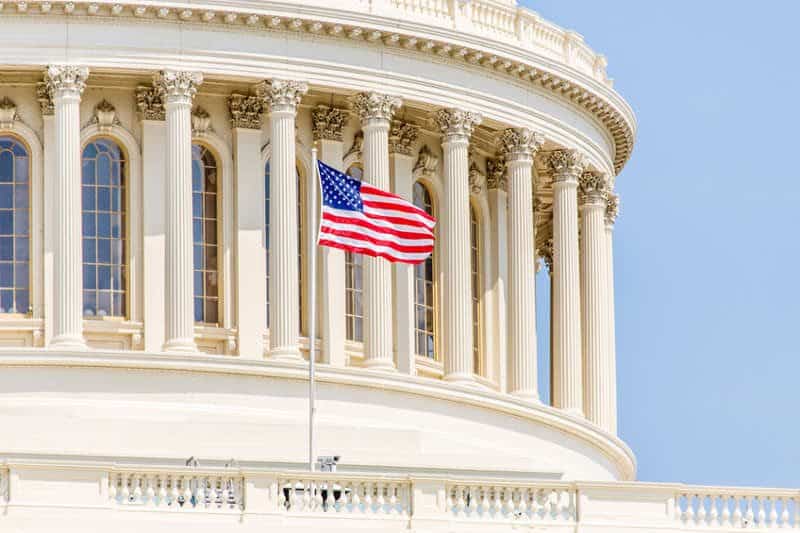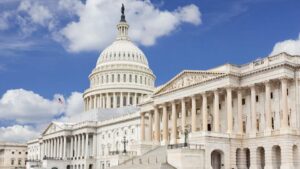Members of the American Seed Trade Association will “Storm the Hill” tomorrow (April 5) as part of its national legislative efforts in Washington, D.C. “Storm the Hill” brings representatives from every crop and every part of the nation together for a unified voice on Capitol Hill.
“From international trade, to plant breeding innovation, farm bill and funding for critical research and conservation programs, Congress is debating serious issues that will affect the seed industry’s ability to continue meeting the evolving needs of farmers, consumers and the environment in the years ahead,” says Andy LaVigne, ASTA president and CEO. “So many issues impact the seed industry, and the seed industry impacts virtually every aspect of our daily life.
“We’re excited to bring our diverse industry to Capitol Hill to share our unified priorities for ensuring better seed for a better quality of life.”
ASTA’s 2017 legislative priorities include: trade, funding for key U.S. Department of Agriculture programs, Food Safety Modernization Act (FSMA), innovation in plant breeding and increased cooperation with the Department of Interior’s Bureau of Land Management (BLM).
ASTA supports a strong trade agenda. Eliminating tariff and non-tariff barriers to trade, promoting stronger intellectual property rights and harmonizing regulations are ASTA’s top priorities for expanding global trade.
Furthermore, ASTA supports funding for critical USDA science and research programs, including increased funding for the USDA’s National Plant Germplasm System to better fulfill its mission. The association also supports increased funding of the Germplasm Enhancement of Maize program from $1.6 million to $2.7 million, and full funding of the USDA-NRCS Plant Material Centers at $9 million.
Additionally, ASTA urges the new administration and Congress to review the implementation of FSMA to ensure it takes a risk-based approach to regulation.
When it comes to plant breeding innovation, the association encourages the Food and Drug Administration, USDA and the Environmental Protection Agency to closely coordinate their activities to ensure a consistent policy approach regarding plant breeding, across the U.S. government, and for the administration to engage with other countries to secure as much alignment in policy approaches as possible.
Another long-term effort of importance is further cooperation between ASTA members and BLM will enable the seed industry to continue its vital role in supplying seed to BLM for post fire rehabilitation and reclamation projects.













